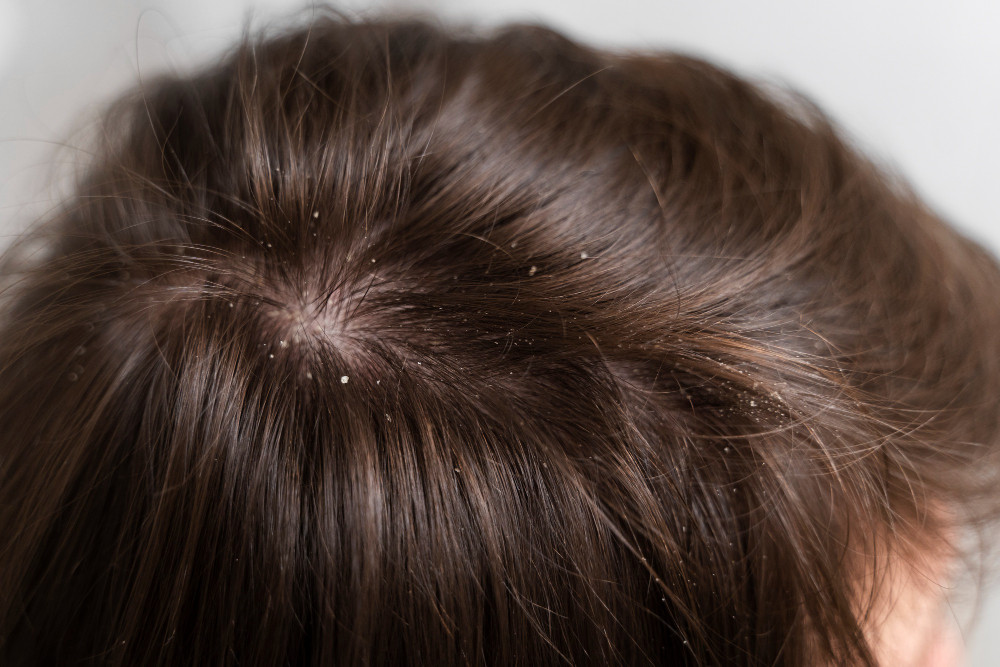In addition to dry and branched hair, ketombe is one of the hair problems common to many people. Tattooed hair is characterized by peeling genetics, itching, and sometimes discomfort in the scalp.
Cambe hair can be caused by many factors, including dry head skin, excess oil, fungal infection, and reaction to hair care products. One way to solve the ketombe problem is to choose the right shampoo. Through this article, you can know how to choose the right ketombe shampoo.
How To Choose An Antiketombe Sampo
Choosing the right ketombe shampoo can help solve the ketombe problem effectively. Unfortunately, choosing an antiketombe shampoo is not easy.
The following is a guide for choosing an antiketombe shampoo so that your tunable problem can be addressed immediately:
Recognizing the type of tombe
It is very important to know the types and causes of ketombes. Ketombes are generally divided into two, wettobes and dry ketombes. Wettobes are characterized by oily debris and are often yellow. This is usually caused by the production of excess oil or fungal infections.
While dry ketombe is characterized by dry white flakes and itchy scalp. This is usually caused by dry scalp.
Also read: This Is The Difference Between Dry Dan Ketombes And Wet Danmbes
Select the appropriate active material
The next step is to select the active ingredients in the corresponding antiketombe shampoo, including:
- Zinc pyrithione effective against tombe-causing mushrooms and reducing inflammation
- Selenium sulfide effective in reducing the growth of dead mushrooms and skin cells, which are suitable for overcoming oily ketombes
- Ketoconazole effective against fungal infections that cause ketombe
- Salicylic acid effective in overcoming tombes caused by exfoliation of dead skin
- Tea tree oil effectively addressing the ketombe problem because it has antijamur and antiseptic properties
Recognizing the types of hair and scalp
In addition to choosing a shampoo based on the content of its active ingredients, you also need to consider the type of hair and scalp. Dry hair needs to choose a softer shampoo formula that contains additional moisturizers such as natural oils.
Oily hair requires shampoo to help control oil and sebum. Meanwhile, sensitive hair needs to avoid products that contain fragrance and are made of hard chemicals.
In addition, if you have colored hair or tend to be fragile, then you need to choose a soft shampoo and not too hard so as not to damage your hair.
Also read: Which Type Of Ketombe Is Attacking Your Head Skin?
Pay attention to the label behind the packaging
Sulfat is a chemical that is often used in shampoos to produce foam. Unfortunately, sulfate can make the scalp dry and irritated, which can exacerbate tombe.
If you have sensitive head skin, then you need to choose a shampoo with a soft formula and sulfate-free. Also avoid products that contain fragrances and hard chemicals that can trigger allergic reactions or skin irritation.
Using shampoo regularly
Meskipun memiliki formula yang efektif dalam mengatasi ketombe, shampoo antiketombe tidak memberikan hasil instantan. Penting untuk menggunakan shampoo sesuai instruksi yang di tertempat di packaging, dan menggunakannya secara rutin.
Some shampoos require certain usage times to work optimally, for example, leaving it on the scalp for a few minutes before deleting. Consistent use will provide better results in overcoming toms.
If after using various types of antiketombe shampoo, your tombe problem is not lost, it is best to consult a doctor or dermatologist. A stubborn ketombe may indicate more serious skin conditions such as Seboroik dermatitis or psoriasis.
Have other questions about ketambe? You can consult a doctor through the Ai Care application that can be downloaded on App Store or Play Store.
Want to know tips and health tricks, first aid, and home remissions other? Check here, yes!











